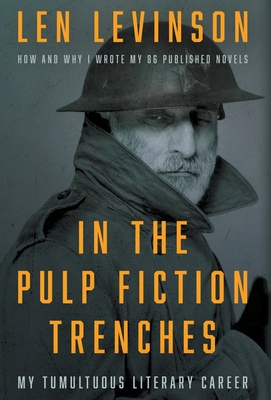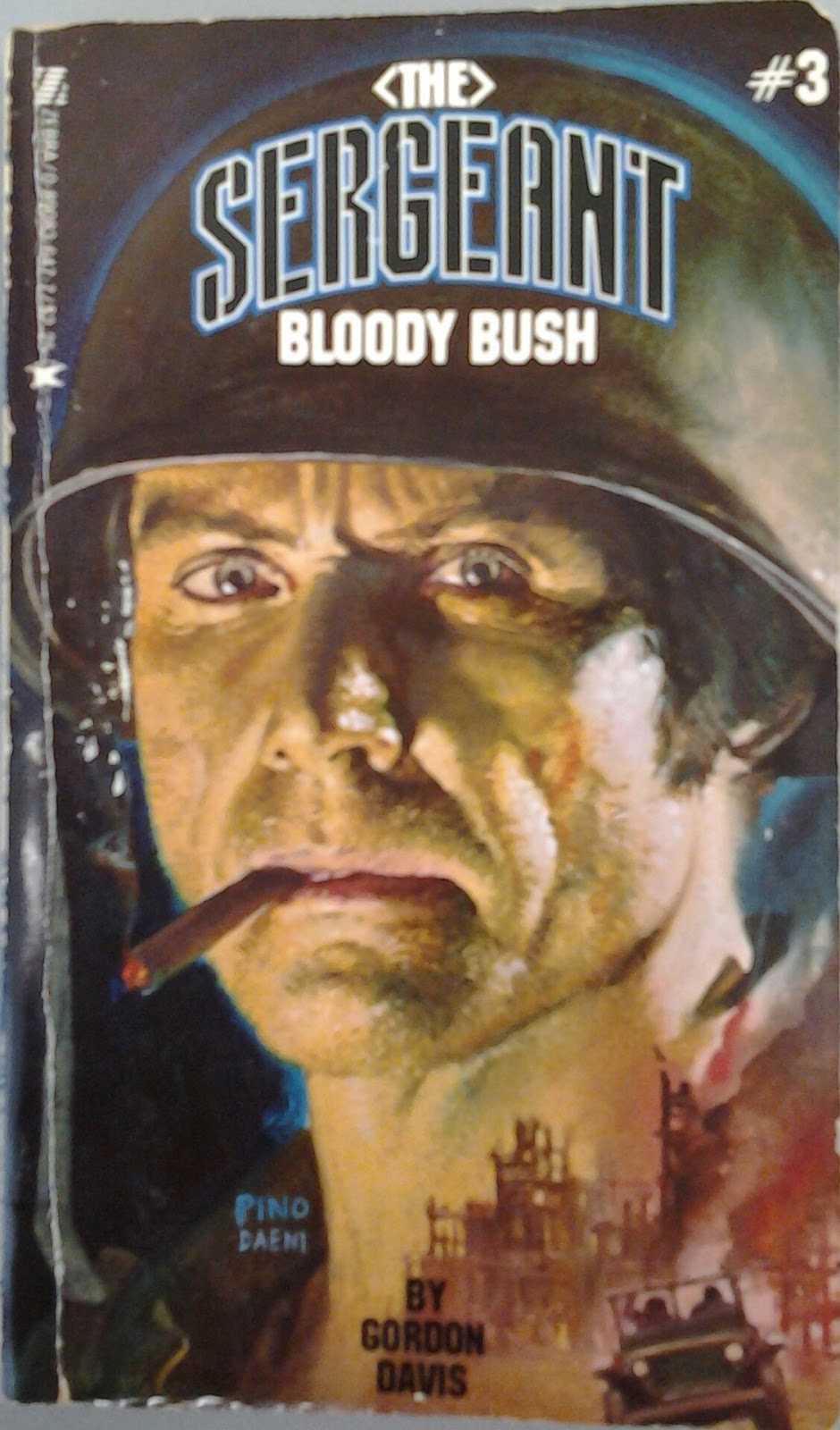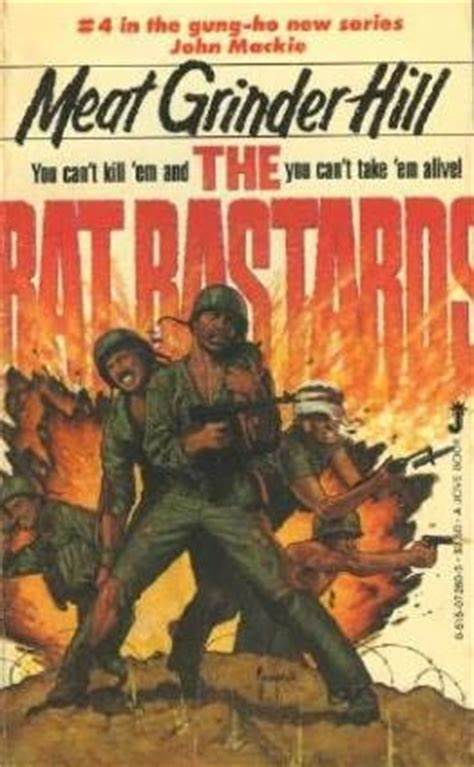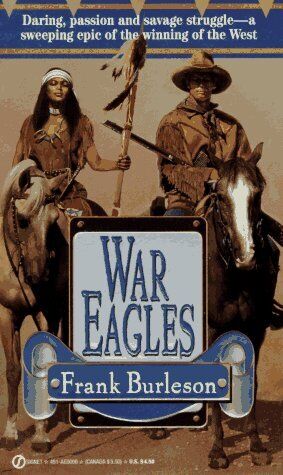 There used to be something called the paperback midlist. The midlist were books that were not best sellers but made some profit. Used to be publishers made money by making a little money on many titles. Not so much now.
There used to be something called the paperback midlist. The midlist were books that were not best sellers but made some profit. Used to be publishers made money by making a little money on many titles. Not so much now.
There were writers who wrote paperbacks who started out in the pulp magazines: Louis L’Amour, Gardner F. Fox, Gordon D. Shirreffs, and a lot of the science fiction writers. Then there were writers who started after the pulp magazines and were only in mass market paperbacks: Ben Haas, Ralph Hayes, Marvin Albert, Peter McCurtin, and Len Levinson.
In the Pulp Fiction Trenches is Len Levinson’s biography on how he wrote 86 novels. This was a fascinating book to read on the inner workings of publishing.
Levinson (b. 1935) grew up in New Bedford, MA. His mom died when he was four and had a rough childhood. He joined the Army at age 19 in 1954 so he could go to college on the G.I. Bill. He attended Michigan State University (the Spartans) and graduated in 1961. He worked as a press agent in New York City A coworker died suddenly and Len realized he had not attained his goal of becoming a writer.
He quit the job and began writing while also driving cab. To pay the bills, he wrote a porn novel. That book lead to a meeting with Peter McCurtin, writer and editor at Belmont-Tower (and Leisure) Books. Mafia books were popular at the time so he was hired to write a couple of the Sharpshooter novels. He wrote crime and spy novels in the 1970s for Belmont-Tower.
Levinson wanted to write the great American novel and make the big-time with movie adaptations and being on Johnny Carson. Hype! and The Bar Studs failed to make the big time though sales were not bad.
Len moved into war novels in the 80s, first with The Sergeant series (as by “Gordon Davis”) for Bantam and Zebra and the sublime Rat Bastards series (as by “John Mackie”) for Zebra. If you see novels in either series in a used bookstore, grab them and read them. You will knock them off in a couple nights. Beats watching T.V. Len had served in the Army when it was still using the same rifles and machineguns as in WW2. That background came in handy.
He next moved into westerns in the late 80s. I remember seeing his Apache Wars paperbacks (as by “Frank Burleson”) in the mid-90s. I did not know that series was unfinished. That was at the time the midlist collapsed with big publishing.
There are some interesting segues in this memoir. Levinson worked with Lin Carter and devotes a section to him.
“He quit Prentice-Hall to write novels. His first was THE WIZARD OF LEMURIA. He gave me a copy which I still have. He also gave me a copy of his second: THONGOR OF LEMURIA. I wasn’t a sword and sorcery fan but thought these novels excellent.
Lin was a serious person most of the time. He definitely had gravitas. But he also liked to joke around occasionally. He did very good imitations of W.C. Fields. He could be very cruel verbally to people he didn’t respect or like, but always was very genial with me.”
A section is also given over to Levinson’ interaction with John Lennon when he worked for the public relations firm. Eric Clapton and Ray Davies did not like Lennon in their autobiographies. Len really liked Lennon so you get the other side of him.
In the Pulp Fiction Trenches is only 140 pages long. It was refreshing to read something the moved along. If you have any interest in the history of paperback publishing and some of the characters, check it out. Kudos to Rough Edges Press for publishing this book. You can get it in e-book, softcover, or hardcover.
Please give us your valuable comment